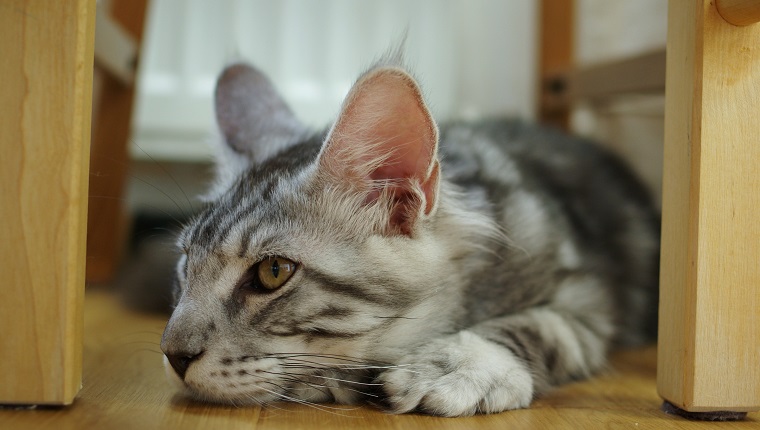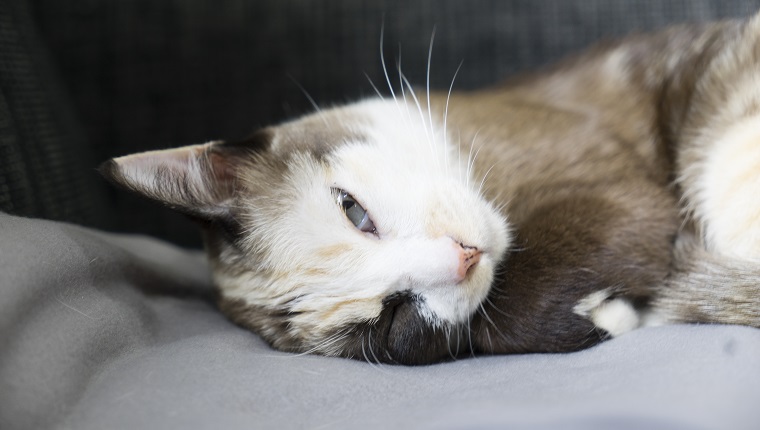Immune mediated anemia in cats is a condition where a cat’s immune system identifies red blood cells as harmful to the body and destroys them. It is often referred to as IMHA.
When a cat’s body inadvertently destroys red blood cells, it releases hemoglobin, and hemoglobin can go on to cause jaundice and anemia. This condition is more likely to affect kitties that are aged between six months and nine years, and it’s more prevalent among male felines and domestic shorthair cats.
If you see signs that your cat might be suffering from anemia, then you must consult your veterinarian for a proper diagnosis and course of treatment. Here’s what you should know about the symptoms, causes, and treatments of immune mediated anemia in cats.
Symptoms Of Immune Mediated Anemia In Cats
Immune mediated anemia in cats can bring on a variety of symptoms. Some of the most common symptoms include:
- Feeling weak and acting lethargic
- Vomiting
- Fever
- Diarrhea
- Increased rate of breathing
- Jaundice
- Loss of appetite
- Black feces
- Starting to eat their own feces
Causes Of Immune Mediated Anemia In Cats

Immune mediated anemia in cats can develop due to a range of different issues. Some of the most common causes include:
- The body producing antibodies that destroy its own red blood cells
- Infections (including via ticks)
- Reaction to antibiotic drugs
- Heartworm
- Immune system issues
Treatments For Immune Mediated Anemia In Cats
If you think that your cat might be suffering from immune mediated anemia, your veterinarian will want to carry out a full physical examination. This process will include taking full blood tests and also analyzing your cat’s urine.
Additionally, vets often recommend bone marrow samples, along with X-rays and ultrasounds to check on the status of the kidneys, heart, liver, lungs, and abdominal organs.
In confirmed cases, treatment focuses on stopping the cat’s body from destroying its red blood cells. Measures used to reach this goal include fluid therapies and blood transfusions. In severe cases, vets may need to consider the removal of the spleen as an option.
While your cat is recovering from at home, it’s best to keep them away from other animals, and many vets will recommend keeping your kitty in a cage during the early stages of recovery. You’ll also need to schedule and maintain regular checkups with your vet so that they can accurately monitor the status of the condition and recovery.
Has your cat developed immune mediated anemia? Did your vet help your kitty recover? Then tell us all about it in the comments below.









